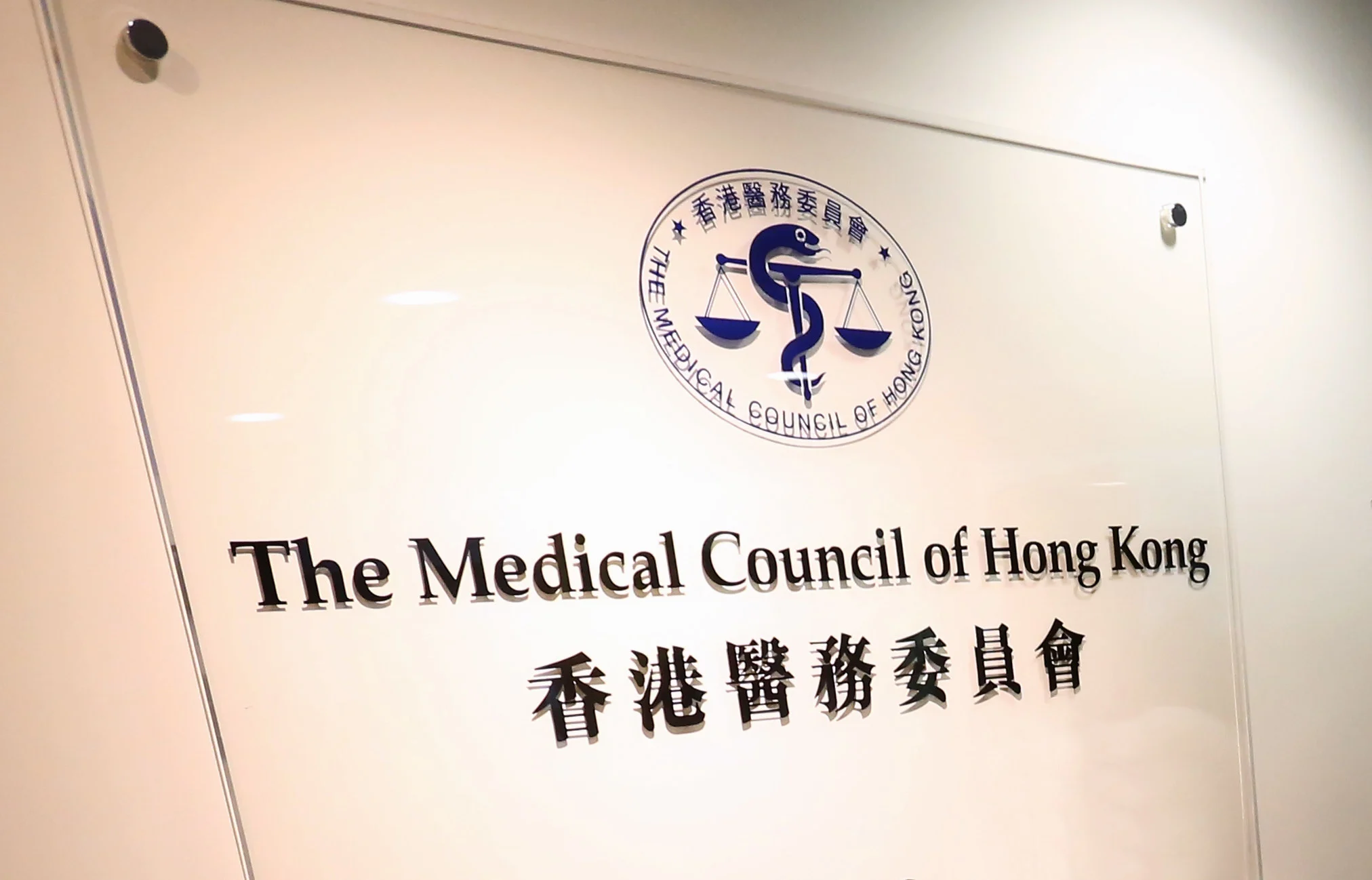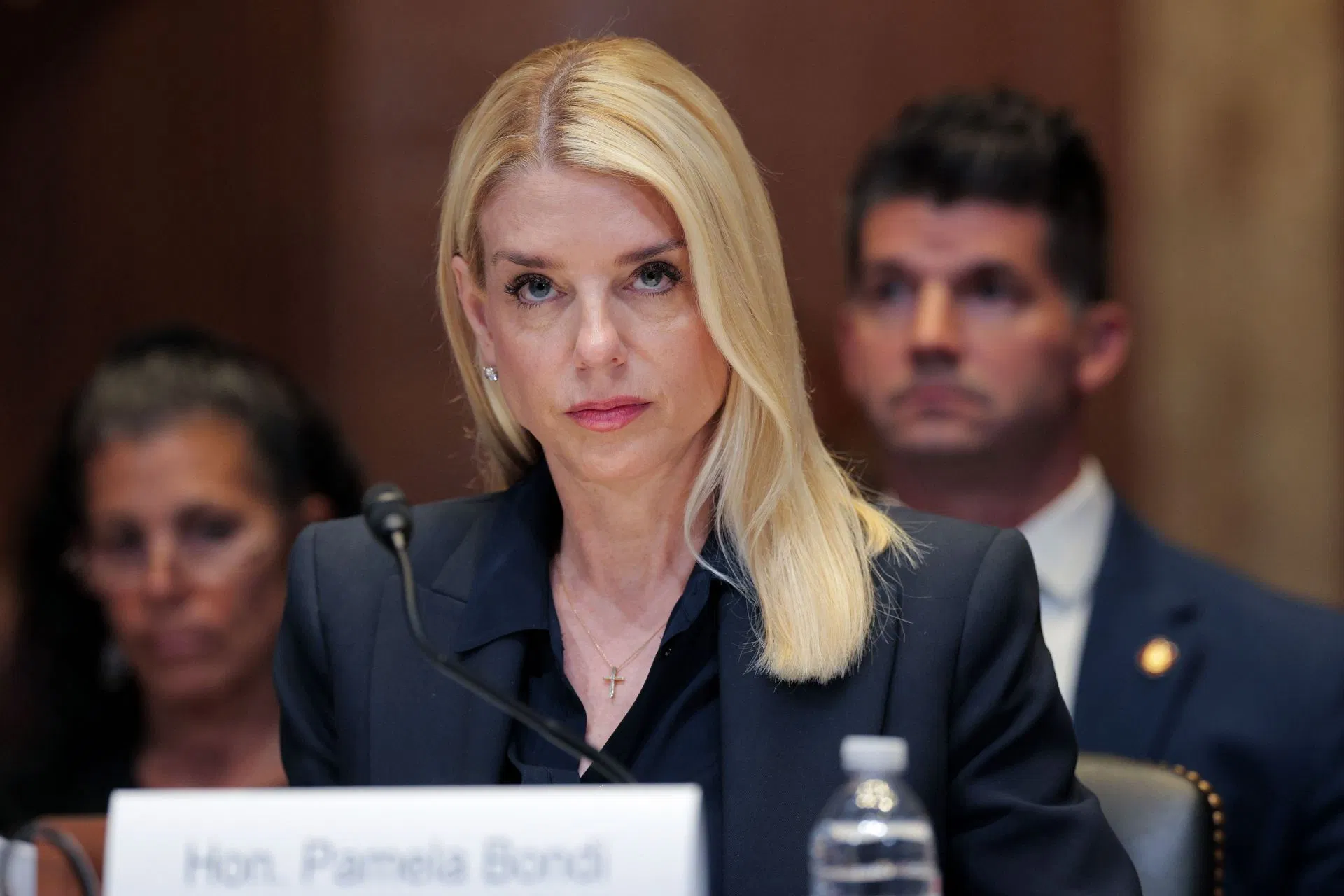Copyright scmp

Hong Kong’s health minister has proposed an overhaul of the city’s medical watchdog to enhance its efficiency. This followed the Medical Council’s termination of an inquiry into a doctor accused of a blunder that left a child disabled for life, while statistics showed more than 60 per cent of patient complaints took over two years to resolve, with 162 exceeding four years. Secretary for Health Lo Chung-mau said on Tuesday that the government would look into the composition, legal functions and procedures of the council to improve the statutory body’s work under potential legal amendments. “This case has prompted us to reflect on our system, procedure and more importantly, whether revisions to the Medical Registration Ordinance are needed as the Medical Council is governed by it,” he said. The ordinance was last amended in 2018 to improve the efficiency and flexibility of the complaint-handling body by setting up inquiry panels, increasing participation of laymen in the proceedings and increasing the number of assessors. Lo noted that the council had handled a large number of complaints – about 8,700 – over the past five years. But official statistics show that more than 60 per cent of the cases took longer than the target of two years to resolve, with 162 exceeding four years. Seven took between seven and eight years, and three took more than 10 years. About 80 per cent of the complaints, around 7,000 cases, were dismissed by the preliminary investigation committees due to their frivolous nature or insufficient information, while about 1,500 did not require an inquiry. Fewer than three per cent – only 221 cases – proceeded to a disciplinary hearing. Lo said earlier that some cases were delayed due to the sudden withdrawal of expert witnesses, difficulties in obtaining relevant information and the need for medical report revisions, among others. “We’ll see how to make the process smoother and improve its efficiency to allow for faster target setting in the complaint cases,” he said on Tuesday. The council’s secretariat’s staffing and operations would also be reviewed to identify areas for improvement, he added. Lo’s remarks came a day after the council said it would review its decision made last week to terminate an inquiry into a paediatrician accused of a medical blunder about 16 years ago that left a child with cerebral palsy and quadriplegia. The council’s decision to stay proceedings due to an 8½ year procedural delay by its secretariat was condemned by the child’s parents. The government also weighed in on the case, requesting the council to provide an account of its complaint investigations and disciplinary inquiry mechanisms, as well as a comprehensive review with recommendations for improvement. Lo said the council had eight weeks to respond before further legislative revisions were considered. He also said he understood the parents’ hardship over years of caring for their son and promised government support in welfare and special education. “I believe our system will give them an answer, whatever the final judgment is. I believe they need an answer,” Lo said. Alex Lam Chi-yau, a patient’s rights advocate and a member of the council, said it was premature for authorities to consider amending the law, given that the cause of the substantial delay was still unknown, with no evidence linking it to the statutory body’s composition or efficiency. There are currently three preliminary investigation committees, and Lam sits on one of them. Complaints must be routed through them before an inquiry is opened. “In our previous meeting, we reviewed more than 30 complaints, and we do not simply leave the cases to our next meeting due to time constraints,” Lam said. “Given that an inquiry was scheduled in 2016, it means this has little to do with the committee... Opening more committees will not be helpful.” Tim Pang Hung-cheong, a community organiser at the Society for Community Organisation, said the government should not only focus on improving the council’s efficiency but also ensure the fair and just handling of complaints. He suggested establishing clear disciplinary guidelines for the council, such as setting a time limit for information collection to prevent procedural delays. Mainland Chinese parents Li Zhijian and Peng Hongying lodged a complaint against Dr Sit Sou-chi with the council in 2010. Their son Li Yuanjian was born at Baptist Hospital in Kowloon Tong on December 19, 2009. The paediatrician was charged with failing to carry out all necessary and immediate investigations after the infant’s first seizure at 3.31am on December 22. The child was left with cerebral palsy and quadriplegia, unable to care for himself for life. The inquiry was initially scheduled for 2016 but was postponed at Sit’s request to review new evidence and was later rescheduled for last month. The parents told the Post earlier that they had to travel to Hong Kong and also across mainland China – including Beijing, Tianjin, Liaoning and Guangzhou – seeking treatment for their son for several years.



